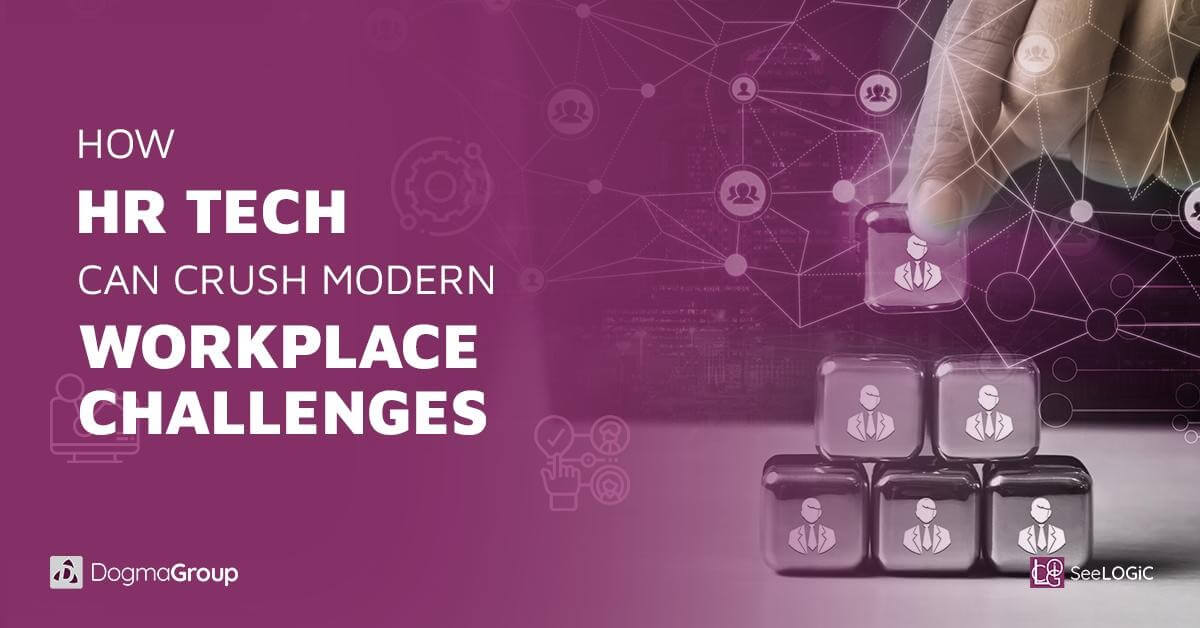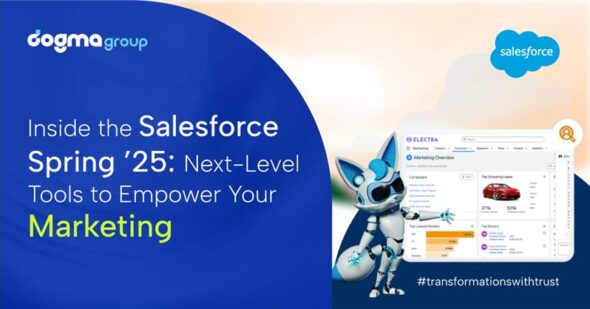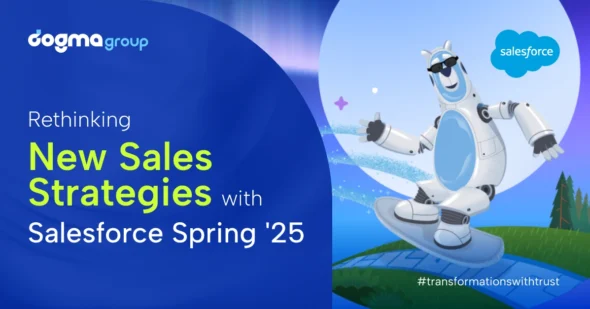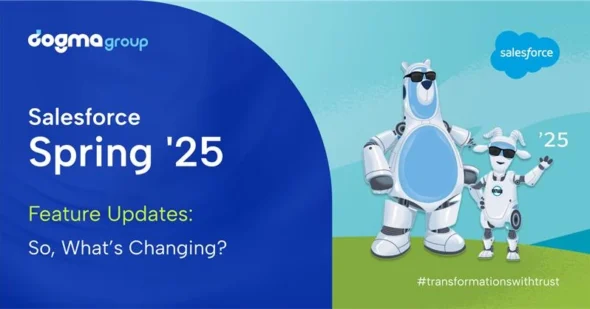If your entire office building caught fire, which department would you choose to save first?
Well, the National Business Book Award winner and global brand expert Bruce Philip says that he would go for HR because they are the underdogs who have the strategy to save all the other departments! HR can be a company’s strategic partner and the “backbone” behind a company’s success, but the modern HR challenges have been of a major concern.
Human Resources (HR) is at the heart of today’s rapidly evolving workforce, hard-hitting digital revolution and the swirling forces of the fourth industrial revolution. Despite the advent of changing norms of employment, driven particularly by pandemic-induced tech adoption and AI disruption; HR leaders are still enduring challenges associated with manual tasks, erroneous data, routine spreadsheets updates, time-consuming workflows and low employee engagement.
They are in a dire need to adopt new innovative tools to respond swiftly as per the changing business landscapes and burgeoning hurdles such as The Great Resignation and high employee turnover.
Why is HR lagging? Pressing HR challenges in modern days
Challenge #1: HIGH EMPLOYEE CHURN
Higher employee expectations, widespread skills gap, and intense competition for top talent have made employee retention a top priority as well as a pressing HR challenge. Low employee engagement accounts for high attrition rates.
A recent 2022 survey by Zippia: The Career Expert estimated that the average cost to fill a position is 40% of an employee’s annual salary making a company wait up to six months to get the ROI they spent on every new hire.
In the U.K., the current average cost per hire stands at around £3000, while the Society for Human Resource Management (SHRM), predicts that every time a business replaces a salaried employee, it costs 6 to 9 months’ salary on average. For a manager making £40,000 a year, it will cost £20,000 to £30,000 in recruiting and training expenses.
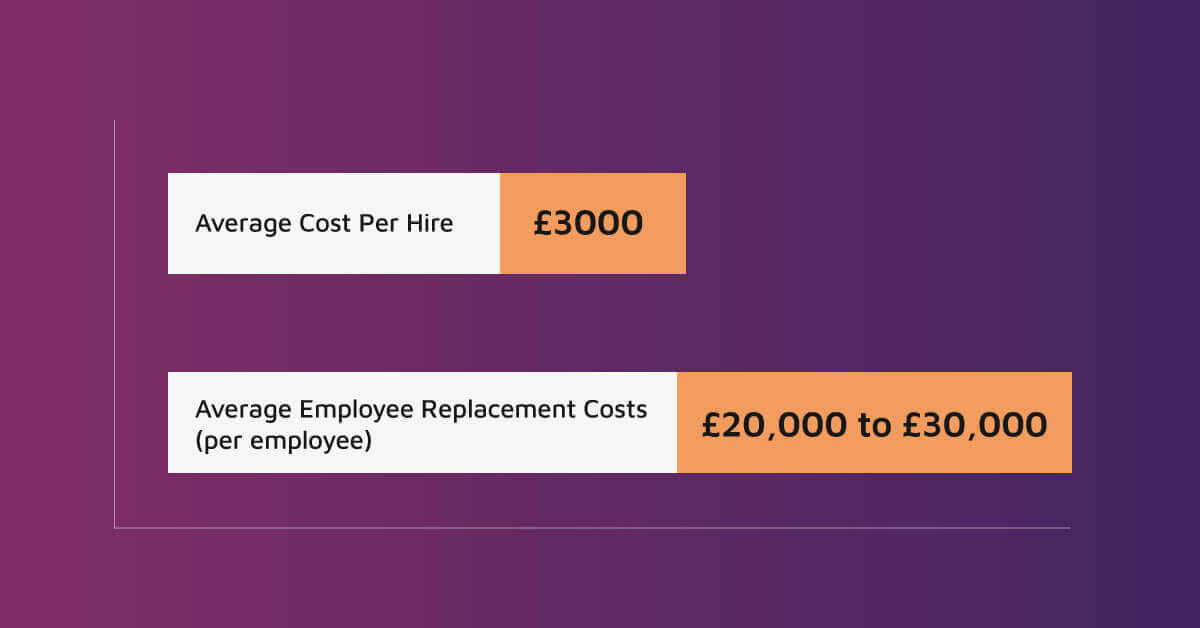
Challenge #2: LACK OF AUTOMATION
Another main challenge: lack of automation to improve operational and day-to-day admin tasks also accounts for an ineffective HR department. Problems with approvals, erroneous data, and the use of spreadsheets for almost everything, halt HR from developing plans and policies that cater more towards employees and their overall wellbeing.

For instance, using spreadsheets for employee information not only puts the classified company data at risk but also makes the entire process slow and less productive. Since multiple departments such as payroll and finance need to access data at the same time, having a database in the cloud safeguards against erroneous entries and potential data corruption.
Challenge #3: TECHNOLOGY GAP
With emerging technologies and digital transformation, HR needs to bolster its workforce faster than before. Without the right tool, they cannot identify the critical qualities and skills needed as per the business.

For instance, using a disparate tool for training and a separate employee information sheet to track employees’ performance and their areas of improvement is certainly time-consuming compared to using consolidated HR software with AI-powered algorithms that suggest training modules and performance metrics to HR.
With technology, leaders can fulfil the goal of building a positive and engaging work culture that keeps employees safe and unburdens HR and here are 3 ways how.
Technology and AI: 3 Ways how they can make HR the “Messiah”
1. Ample HR Data for Strategic Decisions
More businesses are attempting to combine their HR and business data to have a single source of truth and make informed decisions. Market-leading tools such as Microsoft D365 HR and Salesforce for HR offers a comprehensive platform for HR managers and decision-makers to access quality and structured data from a single point of access.
They can utilise the same to create a workforce strategy that maximises employee productivity while successfully managing recruitment, development, engagement, accountability, retention, and other workplace plans.
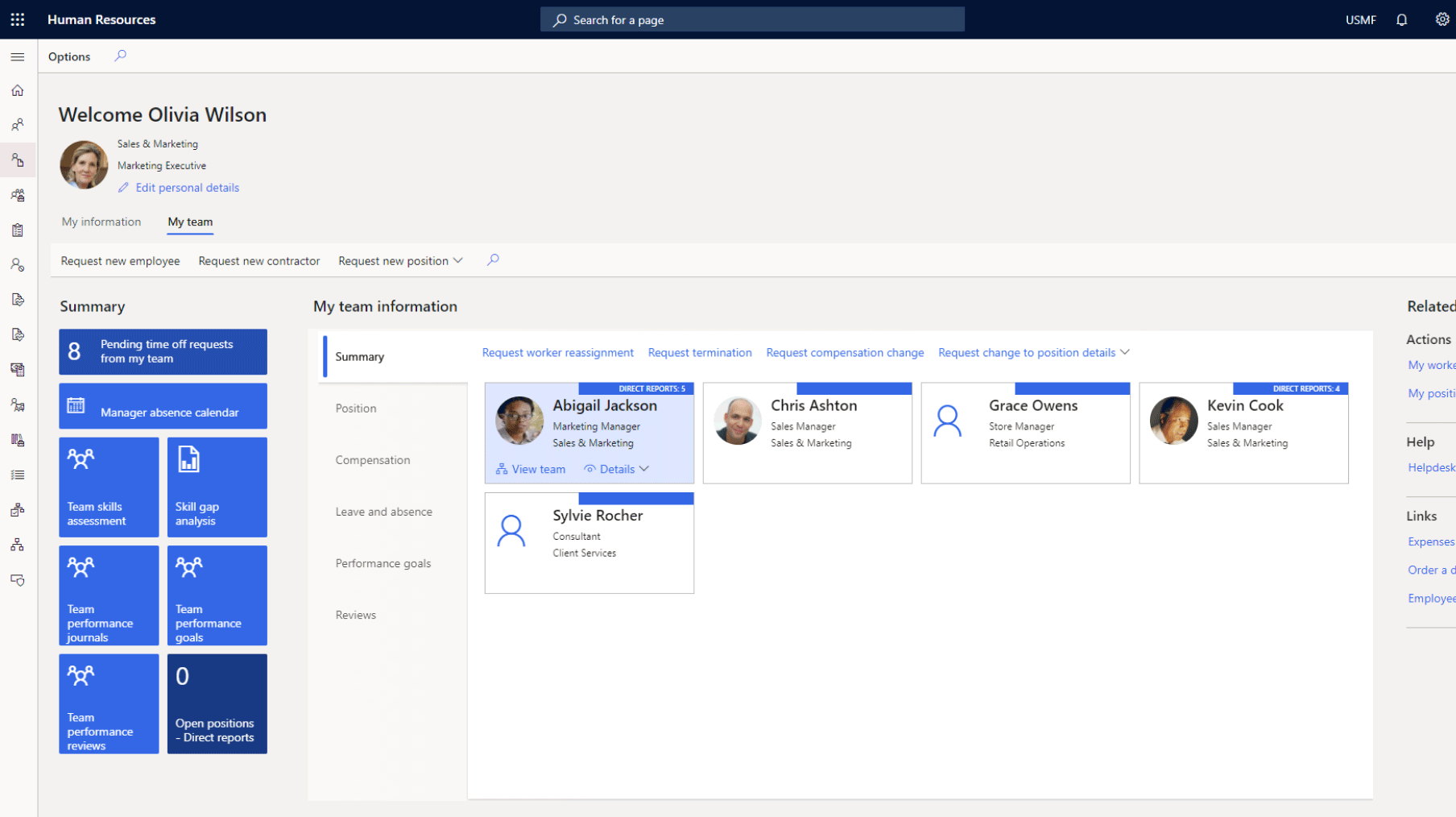
2. Connected Employee Experience
In this modern world, we are connected 24/7. As a human-centric department, HR should give their employees modern and connected experiences at work much like in the real world. A key solution to this is crafting a robust HR strategy.

With technology, HR managers can automate all their manual tasks and operations, get real-time data on employees’ performance, skills demand, and mental health, which allows them to work actively to find solutions for a deeper engagement with their talents.
They can focus more on giving personalised experience and guidance to each employee, diverting their time on creative and interactive activities to avoid burnout. Moreover, technology can make employees self-reliant and more informed. Self-service features in HR Tools such as Microsoft Dynamics365 HR allow the employees to handle their profile updates, training, performance tracking, goal setting, time-off requests, view time-off balance, without having to rely on HR, thereby, making them more independent and accountable.
Hence, with the right tools, HR can create a workplace where people can perform their best and thrive together.
3. Recruitment strategy leveraging AI
63% of recruiters and talent acquisition specialists state that AI has positively changed how recruiting is handled at their company. More than half of the “hire-to-retire” cycle can be automated and optimised using AI.

For recruiters, examining tons of resumes can take hours. AI tools with well-trained data can do this in minutes. They can even discover the right candidates, applicants’ pools, and give better, faster and more accurate data compared to humans.
One such tool that integrates AI is Dynamics 365 HR, which is fully integrated with LinkedIn Talent Solutions. It facilitates talent acquisition teams to quickly see the full context of an applicant’s hiring journey without toggling back and forth, managing recruiting experience end-to-end.
HR goes a long way to help an enterprise not just save costs but also improve the overall business strategy, and technology fuels the transition. The HR technology market is, however, a dynamic place itself with bewildering range of solutions, and ever-evolving platforms. To choose and predict which investments or partners will deliver the best results for your company is a head-scratcher!
What’s Next?
Dogma Group’s HR technology advisory team has the expertise and market data you need to identify best-fit HR solutions. We enable harmonised end-to-end processes and world-class service delivery models that harness the value of those investments no matter where you are on your HR transformation journey.
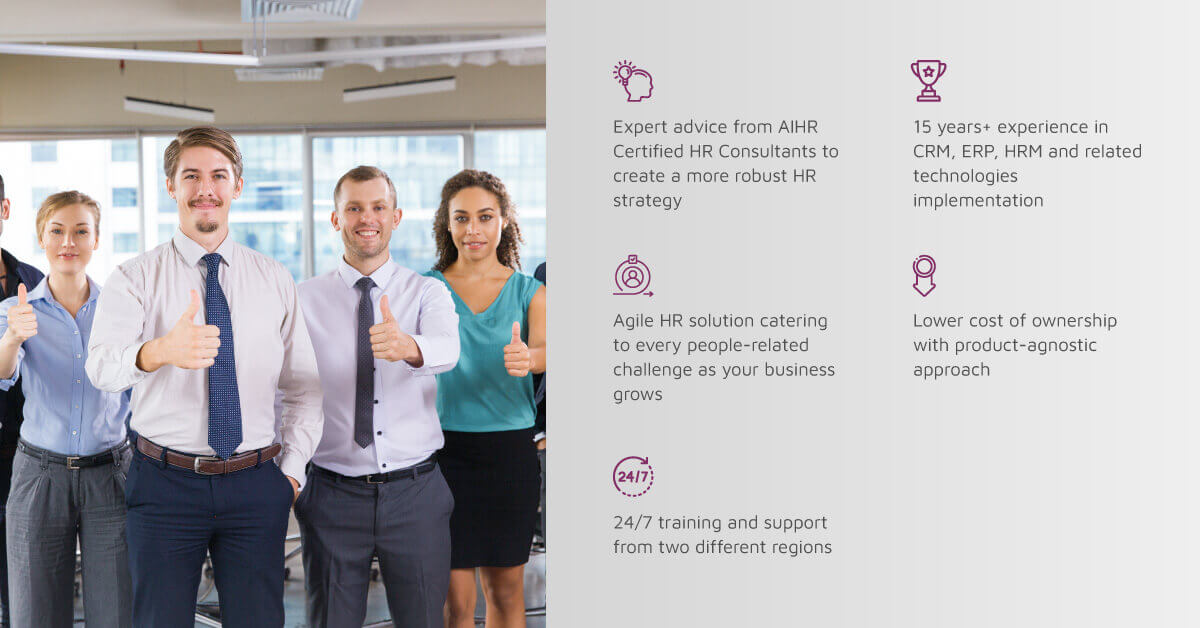
As your trusted advisor, we assure you that you get the best solution to your problems and make sure that technology is embraced by your team.
